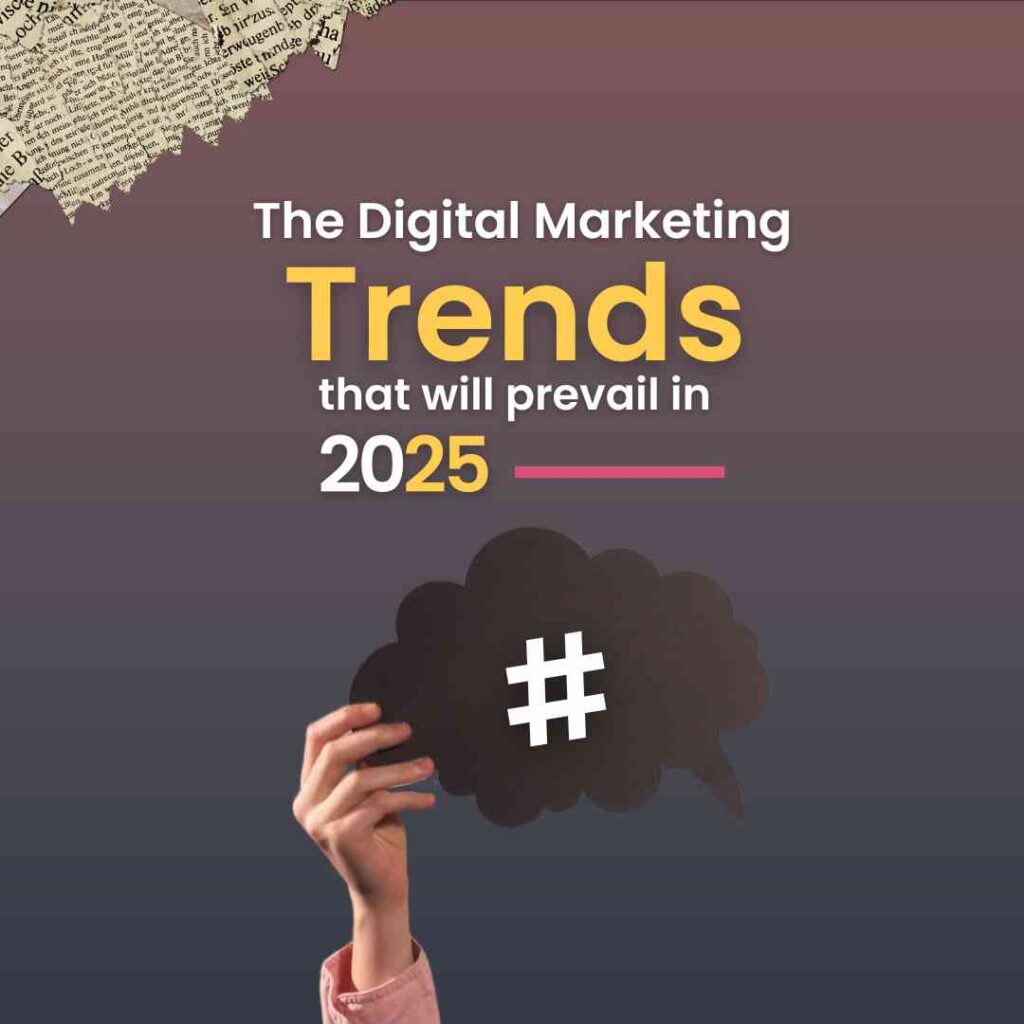2025 Digital Marketing Trends: Insights and Inspiring Case Studies from Silicon Valley and Beyond
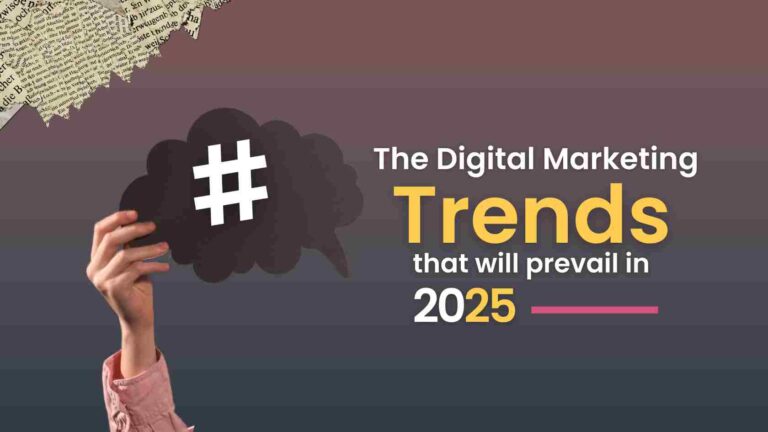
Table of Contents
[Introduction]
✅ Overview of 2025 Digital Marketing Trends
2. [AI-Driven Marketing: Enhanced Personalization and Efficiency]
✅ Google and OpenAI’s AI-Powered Personalization through Searchgpt
3.[Commerce Pro platforms]
✅ CapCut Launches CapCut Commerce Pro
4.[Testing Hyperlinked Comments]
✅ YouTube Testing Hyperlinked Comments: A TikTok-Inspired Feature
5.[Influencer Marketing Matures]
✅ Airbnb 2024 Winter Release Highlights
6. [Flexible Learning Formats]
✅ Introducing TikTok Academy
7.[Zero-Party Data Collection for Personalization]
✅ Spotify’s Personalized Wrapped Campaign
8. [Green Marketing and Sustainability
✅ Patagonia is committed to achieving net-zero emissions
9.[AR-Driven Brand Awareness Boost on Social Media.]
✅ Eckes-Granini Boosting Brand Awareness with Augmented Reality
1. AI-Driven Marketing: Enhanced Personalization and Efficiency
– Trend Overview: Artificial intelligence (AI) is no longer a futuristic concept; it’s now at the core of most marketing strategies. From customer segmentation to predictive analytics, AI enables marketers to deliver highly personalized experiences at scale. Advanced AI algorithms analyze consumer behavior, preferences, and purchase history, allowing brands to offer relevant products or content seamlessly.
– Case Study: SearchGPT, recently introduced by OpenAI, is an advanced search engine embedded within ChatGPT. This tool combines ChatGPT’s natural language capabilities with real-time web search, allowing users to ask questions and retrieve the latest information directly within the chat interface. It’s designed as a user-friendly alternative to traditional search engines like Google, focusing on delivering concise, interactive, and ad-free results while citing and linking to original sources.
SearchGPT stands out by seamlessly integrating conversational AI with web search, making it especially appealing for users who need both the efficiency of AI assistance and up-to-date information. This feature is particularly useful for quick, informed responses on various topics, from current events to specialized knowledge, and aims to enhance the overall search experience for both casual users and researchers.

2. Commerce Pro platforms:
-Trend Overview: Commerce Pro platforms are emerging to help e-commerce brands and creators easily produce high-quality marketing content. With features like one-click video and image generation, AI-powered tools, and shoppable links, these platforms streamline content creation and enhance social commerce. They also offer insights and scheduling tools, empowering businesses to scale and engage audiences more effectively.
-Case Study: CapCut Commerce Pro enables e-commerce brands and creators to effortlessly create high-quality content. The platform includes tools like one-click video generation, AI avatars, and shoppable links to enhance social commerce. With features like image creation, virtual try-ons, and performance insights, it streamlines content production and boosts brand engagement. Available in multiple markets, it simplifies the creative process for businesses and creators alike.
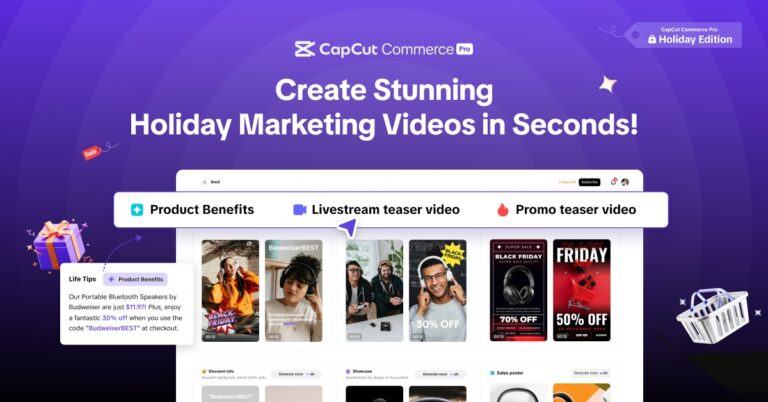
3. Testing Hyperlinked Comments
-Trend Overview: Hyperlinked comments are becoming a trend across platforms, allowing specific terms within comments to be clickable. Users can click on these links to access search results or related content, enhancing interaction and discoverability. This trend aims to make comment sections more engaging and dynamic, fostering deeper exploration and connections among users.
-Case Study: YouTube is testing clickable blue comments, inspired by TikTok, where users can click on terms to view related search results. This feature aims to boost discoverability and interactivity, transforming the comment section into a more dynamic space.

4. Flexible Learning Formats
-Trend Overview: Flexible Learning Formats cater to diverse learning styles, offering courses, webinars, and videos to ensure everyone can engage with content in the way that works best for them. This approach enhances accessibility and user experience, making learning more personalized and effective.
-Case Study:TikTok Academy is a free educational platform developed by TikTok to help marketers and agencies understand how to use the platform effectively. Designed to support both new and experienced marketers, TikTok Academy offers enhanced courses that focus on building strategic skills in content creation, brand building, and performance marketing. These courses cover essential areas, such as utilizing TikTok’s unique algorithms, creating engaging and on-brand content, and measuring campaign success.
With the introduction of new and improved courses, TikTok Academy aims to help marketers capitalize on the platform’s powerful reach and dynamic user engagement. The educational modules are crafted to adapt to changes within the platform and provide valuable insights into TikTok’s newest features and tools, making it a go-to resource for staying up-to-date with TikTok-specific marketing strategies.
This platform is especially valuable for small businesses and independent marketers, as it offers a comprehensive toolkit for leveraging TikTok without requiring prior experience or advanced marketing knowledge.
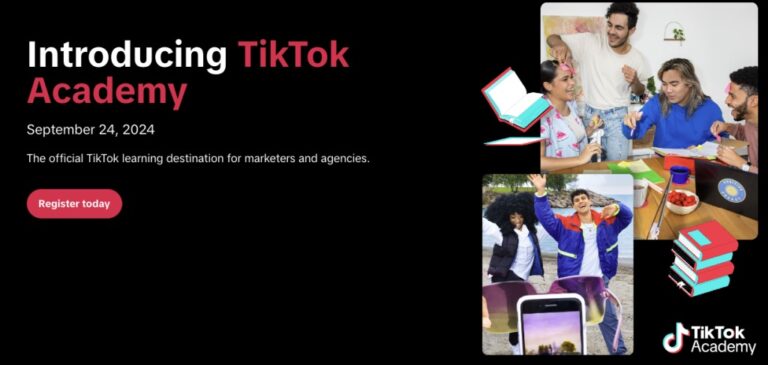
5. Influencer Marketing Matures
-Trend Overview: Influencer marketing has matured into a strategic tool, with brands prioritizing authentic, data-driven partnerships over follower count. Micro-influencers and niche experts are now key for engagement, as brands seek real connections and measurable results.
-Case Study: In its 2024 Winter Release, Airbnb addressed host and guest needs by launching the Co-Host Network, connecting hosts with local experts for easier property management, and introducing over 50 guest-focused updates, such as personalized filters and improved maps. Expanded payment options also made bookings more accessible globally. These updates enhance ease for hosts and create a more intuitive, user-centered experience for guests, solidifying Airbnb’s position in the short-term rental market.

6. Zero-Party Data Collection for Personalization
-Trend Overview: As third-party cookies phase out, zero-party data (data that consumers voluntarily share) has become critical. Brands use interactive elements like quizzes, preference centers, and gated content to encourage consumers to share data willingly, fostering trust and enabling better personalization.
-Case Study: Spotify’s “Wrapped” campaign uses personalized music summaries and easy social sharing to spark viral engagement every December. By tapping into FOMO, it encourages users to share their stats, turning them into brand advocates and strengthening Spotify’s social media presence through organic promotion.
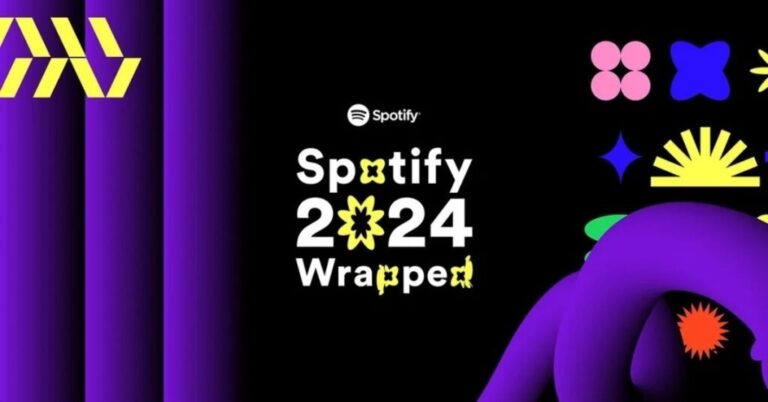
7. Green Marketing and Sustainability
-Trend Overview: Sustainability is more than a trend; it’s a movement. Brands embracing eco-friendly practices are winning consumer loyalty, particularly among Gen Z. By showcasing transparent efforts toward environmental responsibility, brands not only gain trust but also appeal to a growing base of environmentally conscious consumers.
-Case Study: Patagonia is committed to achieving net-zero emissions by 2040, focusing on sustainable materials, zero-emission shipping, and reducing packaging waste. With goals to eliminate virgin petroleum materials by 2025 and use only recyclable or compostable packaging, Patagonia is leading the charge in eco-friendly practices while encouraging customers to extend the life of their products.

8. AR-Driven Brand Awareness Boost on Social Media
– Trend Overview: Augmented Reality (AR) is becoming a key tool in social media advertising, helping brands increase engagement and brand awareness. By incorporating AR into video ads, businesses can create interactive and memorable experiences, making their campaigns more effective and impactful. This trend emphasizes the rising role of immersive technologies in digital marketing.
-Case Study: Eckes-Granini, the European fruit juice producer, increased brand awareness by 2.9 times after incorporating augmented reality ads into its video ad campaign on Facebook and Instagram.

In the conclusion, 2025 digital marketing landscape is shaped by innovative trends like AI-driven personalization, influencer marketing, flexible learning formats, and AR-driven brand awareness. Brands that embrace these advancements, from leveraging zero-party data to focusing on sustainability, will have a competitive edge in engaging their audiences. As these trends evolve, staying adaptable and forward-thinking will be key to driving successful campaigns in an increasingly digital world.
Stay ahead by adapting these trends into your strategy, and watch as your brand flourishes in the new era of digital marketing!

